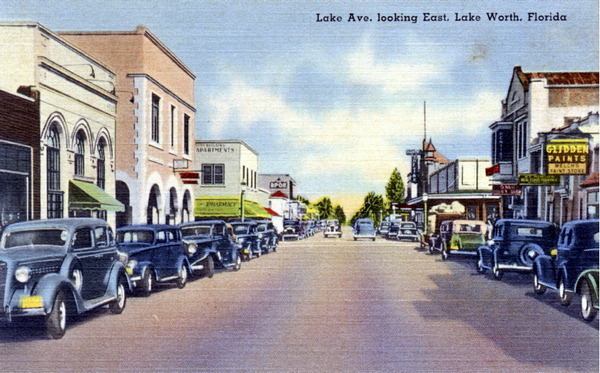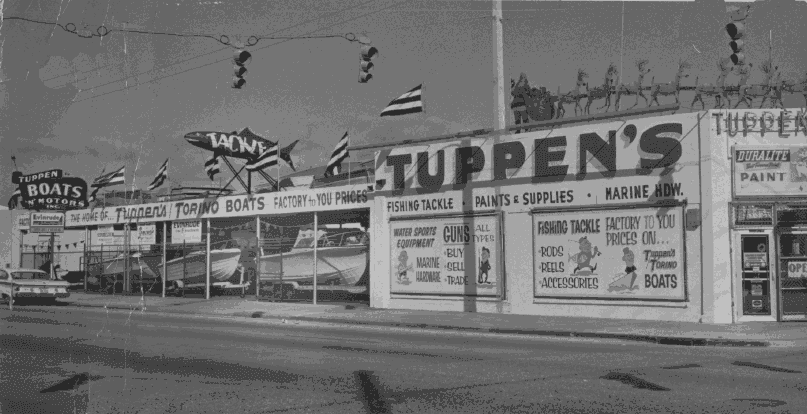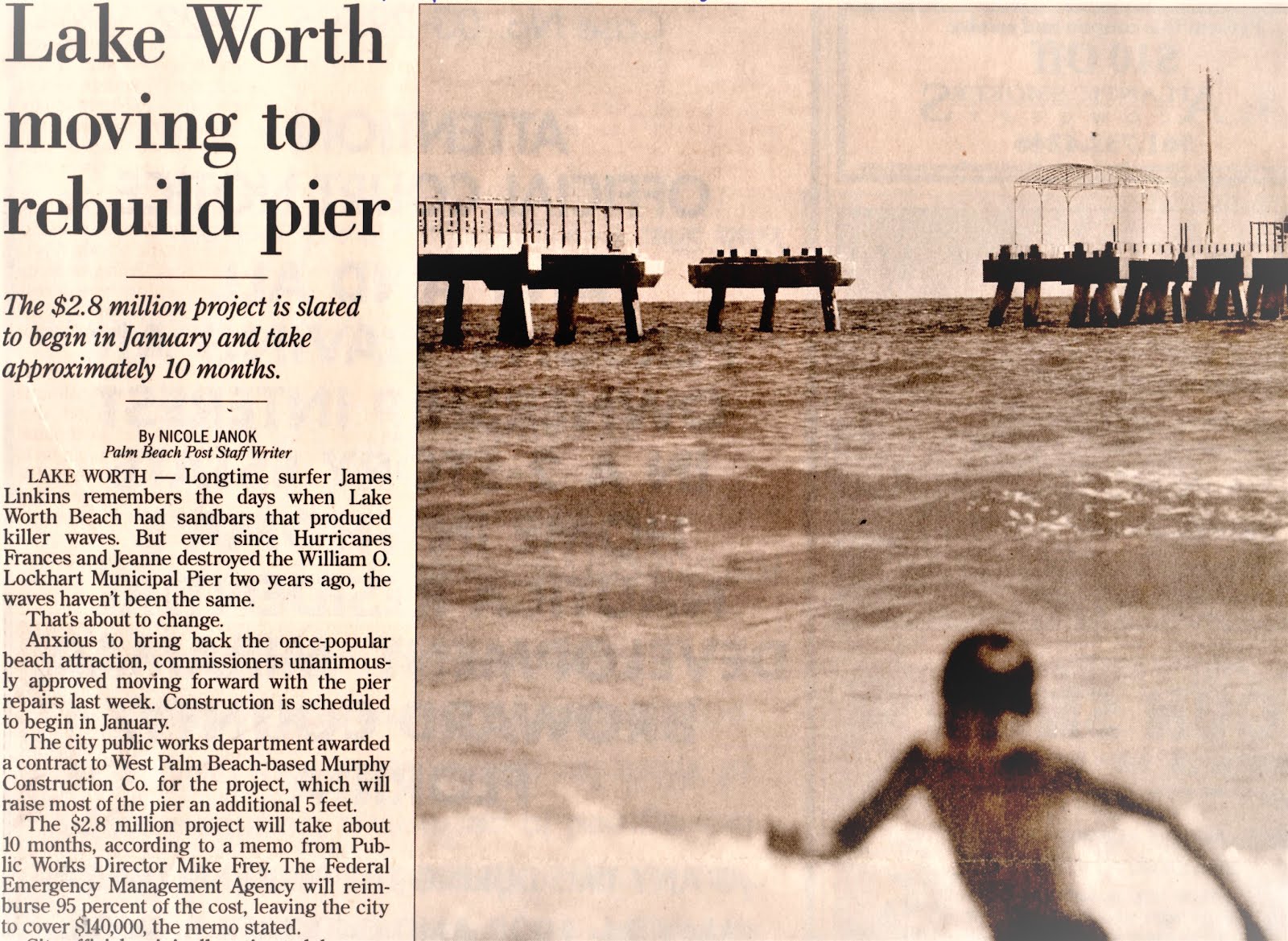The details about this public meeting tomorrow morning are below.
And worth noting.
Below are two paragraphs from “Agenda Item 12: Council Member Update” from the December 14th meeting of the Treasure Coast Regional Planning Council (TCRPC):
Commissioner Smith [Martin County Commissioner Doug Smith] noted there are approximately 10,000 septic tanks in [unincorporated] Martin County [emphasis added] and for the past 30 years the approach has been for neighborhoods to request water and sewer services from the county, which takes a very long time. He stated now the board is developing a policy to put into place a 10-year plan to eliminate all septic tanks in Martin County that are under the control of the county. He stated the sewer conversion program discussion is an opportunity for Council to engage at the state level, as well as continuing with the biosolids issue.* He stated that at the Florida Association of Counties they have a working policy group to address water issues and are trying to figure out how we can do things better than we have been for the last 100 years. He indicated Martin County passed a resolution in support of the acquisition of the rest of the Pal Mar property, which is a significantly large chunk of land that resides on the southern border of Martin County and the northern boundary of Palm Beach County.
Councilman Hmara [Village of Royal Palm Beach Councilman Jeff Hmara] stated there are a lot of communities in Palm Beach County approaching build out and the Village of Royal Palm Beach is no exception. He noted that if a local government has a golf course, especially one that has been around for a while, developers will be looking at these to redevelop with residential. He stated that we must be careful moving forward as this appears to be a trend occurring in South Florida. He stated he would be interested in talking with anyone who can offer some advice on this issue.
FYI.
The TCRPC meeting tomorrow (Fri, Jan. 18th) begins at 9:30. The location is the Wolf High Technology Center at Indian River State College (Chastain Campus), 2400 SE Salerno Rd. in Stuart. To look over the agenda click on this link.No one showed up to make public comment at the TCRPC meeting in December, not even Mr. Drew Martin from the Loxahatchee Sierra Club.
However, in news datelined Jan. 14th, Mr. Martin was quoted by Sun Sentinel reporter Austen Erblat in an article headlined,
“South Florida environmental groups sound off on national parks as Muslim youth group volunteers during shutdown”.
Two excerpts follow.
“They [park staff] should not allow people in there [referring to the Arthur R. Marshall Loxahatchee National Wildlife Refuge west of Boynton Beach] if there is no staff,” said Drew Martin, conservation chairman of the Loxahatchee Group of the Sierra Club.
However, as we learned later from Mr. Erblatt — apparently unaware to Mr. Martin — there was actually a group removing litter and cleaning up in the ARM Loxahatchee Wildlife Refuge. Another excerpt in the Sun Sentinel:
Individual volunteers and organizations around the country have been picking up trash and manning the visitor centers, providing pamphlets and information to visitors to the extent they can. One organization involved in cleanup efforts is the Ahmadiyya Muslim Youth Association [AMYA]. They have had volunteers cleaning up at the National Mall, Cuyahoga National Park, Independence Hall, Joshua Tree National Park and Everglades National Park.
“The inspiration for us is simply that we don't see service only as a civic duty but as a part of our faith,” said Umar Ahmad, president of the Miami chapter of AMYA.
In conclusion, whilst on the topic of septic tanks, the City of Lake Worth will be compiling a map of all remaining septic tanks within the City limits and those remaining in unincorporated areas west of the City. Click on this link to learn more about that.
*Following are two sentences from a memorandum issued at the TCPRC in June 2018, “Management Alternatives for Human Wastewater Biosolids — Resolution”:
“Today, the Treasure Coast Region’s estimated 1.6 million people on public sewer generate about 87,000 dry tons of biosolids each year. In 30 or 40 years from now that total could increase by 50 percent.”





